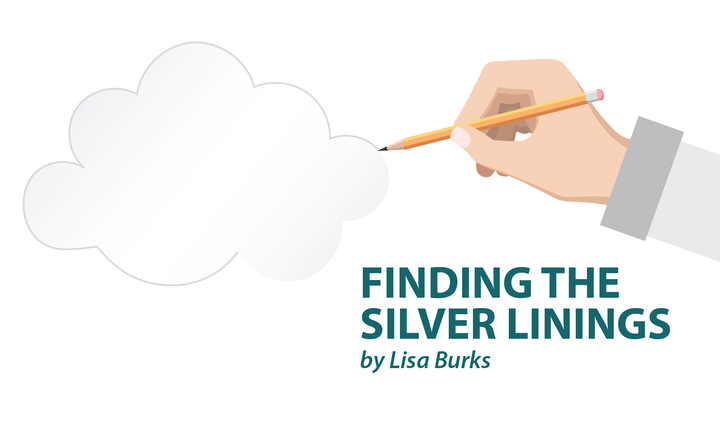I have mentioned in previous columns that support groups can help those living with Crohn’s disease. These groups can give you space to discuss everyday problems or concerns with others who have personal experiences you can relate to. A couple of weeks ago, I was looking at comments posted in the online support group, and one topic that was brought up was Crohn’s and pregnancy. Some of the most popular questions were whether someone with Crohn’s could become pregnant and if it would be safe. I decided to do some research on the topic.
Can you become pregnant with Crohn’s disease?
The answer is yes, you can. Some women asked if having the disease would make conceiving any harder. I’ve learned that, if the Crohn’s is in remission, the chances of becoming pregnant are the same as with someone who does not have the disease; however, if Crohn’s is active, it can make you less fertile. It is recommended that a woman be in remission for between three to six months before trying to conceive.
How well can Crohn’s be managed while pregnant?
Many studies have been conducted into controlling Crohn’s during pregnancy. If the woman is in remission when she conceives, she is at no greater risk of flare-ups. The outcome is completely opposite if Crohn’s is active or flaring up when a woman becomes pregnant. Along with increased difficulty conceiving with active Crohn’s, oftentimes the mother will have greater chances of the disease staying active throughout the pregnancy.
A few Crohn’s medications can be dangerous during pregnancy. Biologics and immunomodulators are classified as low-risk for pregnancy. However, methotrexate and thalidomide are not safe to take while pregnant. Doctors suggest being off those medications for at least three months before becoming pregnant. If the pregnancy wasn’t planned, they should be stopped immediately. It’s important to go over all your medications and determine which ones are safe to continue in order to help control your Crohn’s disease during pregnancy.
What risks are involved with pregnancy and active Crohn’s?
If someone with active Crohn’s disease becomes pregnant, there is a slightly higher chance of complications. These risks and complications include: miscarriages, premature births, low birth weight, blood clots, and increased Crohn’s symptoms. If you have had previous surgeries for Crohn’s, such as intestine resections, it does not seem to affect pregnancy. Colectomies, ileostomies, or J-pouch surgery do not cause pregnancy complications, but can decrease fertility rates.
Sometimes, the risks can be too great.
Last November, I saw my OB-GYN to talk about the possibility of me becoming pregnant. My doctor told me that becoming pregnant would be too dangerous. I have many health conditions that would put me at a extremely high risk for severe medical complications.
She explained I would be at increased risk for miscarriages and blood clots, and my asthma, heart conditions, and Crohn’s could becoming considerably worse. Between pregnancy risks, having Crohn’s, and lupus anticoagulant antibodies disorder, my doctor said I would be almost certain to develop a blood clot, including a pulmonary embolism, at some point in time.
With all my medical conditions combined, my doctor told me pregnancy could put my life and a baby’s life at risk. Being told that having a baby wasn’t an option for me was hard to hear! I was devastated. My husband and I wanted to start a family, and that dream was taken away. Thankfully, my husband was very supportive, and although he was hurting, too, he made a point of comforting me. Since then, we have decided to look into adoption and are currently starting the process.
***
Note: IBD News Today is strictly a news and information website about the disease. It does not provide medical advice, diagnosis, or treatment. This content is not intended to be a substitute for professional medical advice, diagnosis, or treatment. Always seek the advice of your physician or other qualified health providers with any questions you may have regarding a medical condition. Never disregard professional medical advice or delay in seeking it because of something you have read on this website. The opinions expressed in this column are not those of IBD News Today, or its parent company, BioNews Services, and are intended to spark discussion about issues pertaining to IBD.

